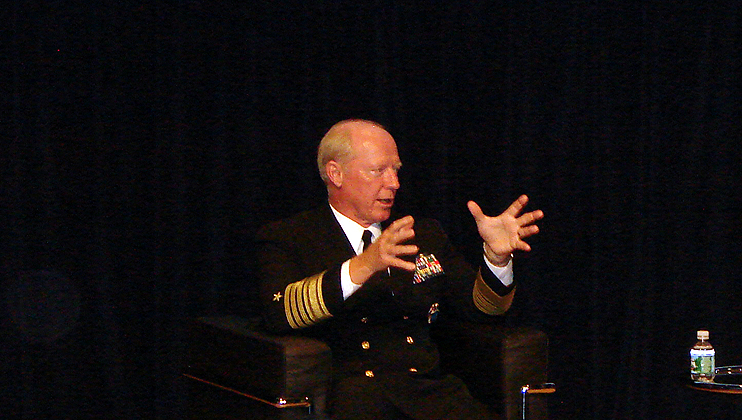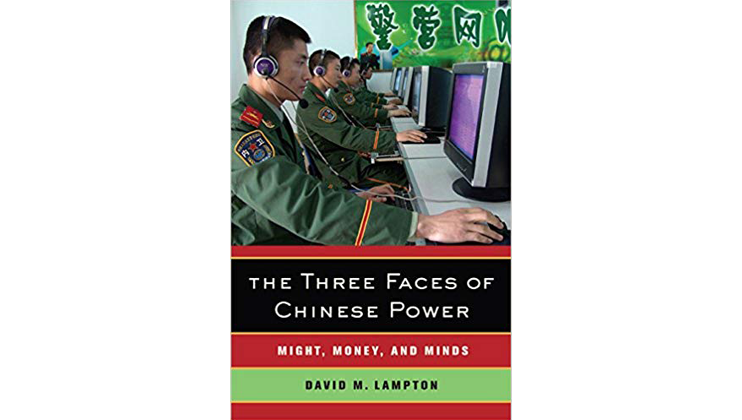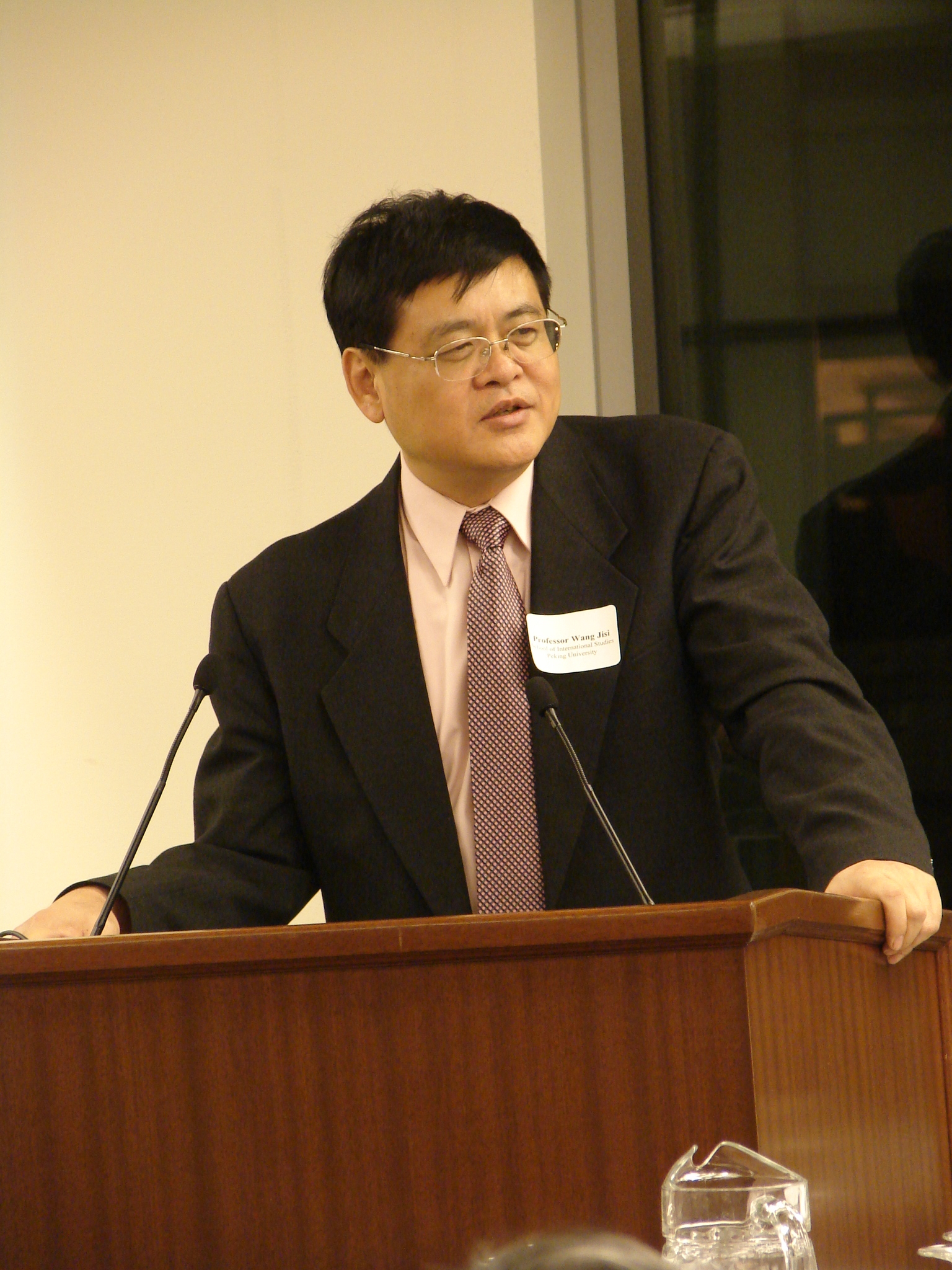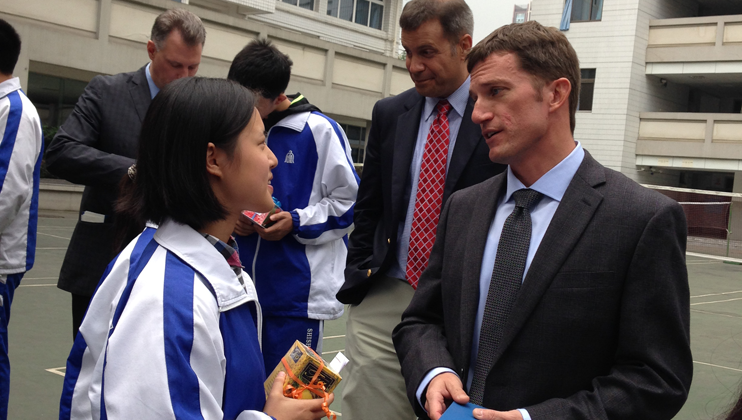In early March, China’s central government proposed a defense budget for 2011 that increases military spending nearly 13 percent over 2010. As China expands and modernizes its armed forces, it holds an increasingly influential position in Asian-Pacific security. China has been a crucial player in the Six Party Talks on North Korea’s nuclear proliferation during […]
On March 8, sixty miles off of Hainan Island, an American surveillance ship, the USNS Impeccable, and five Chinese ships were involved in what Director of National Intelligence Dennis C. Blair called the “most serious” military dispute between United States and China since the April, 2001 EP-3 incident. The United States protested the action and […]
Dr. David M. Lampton shares his perspective on how China’s strengths are changing, where vulnerabilities and uncertainties lie, and how the rest of the world, not least the United States, should view these trends.
At this program, Professor Wang Jisi, dean, School of International Studies, Peking University, reprised one of the themes raised in his 2005 Foreign Affairs article, “China’s Search for Stability with America,” (see the Sept/Oct 2005 Foreign Affairs issue) and focused on areas where Chinese and American interests converge and diverge in Asia.
The purpose of these seminars for mid-career U.S. military officers who have been fast-tracked for top leadership positions but do not focus on China in their daily work is to provide them with a background on China and to brief them on issues not conventionally covered in their military training — issues such as China's domestic politics, economic development, business and trade, foreign policy, rule of law, growth of civil society, environmental concerns and climate change, energy, and the use of soft power.




